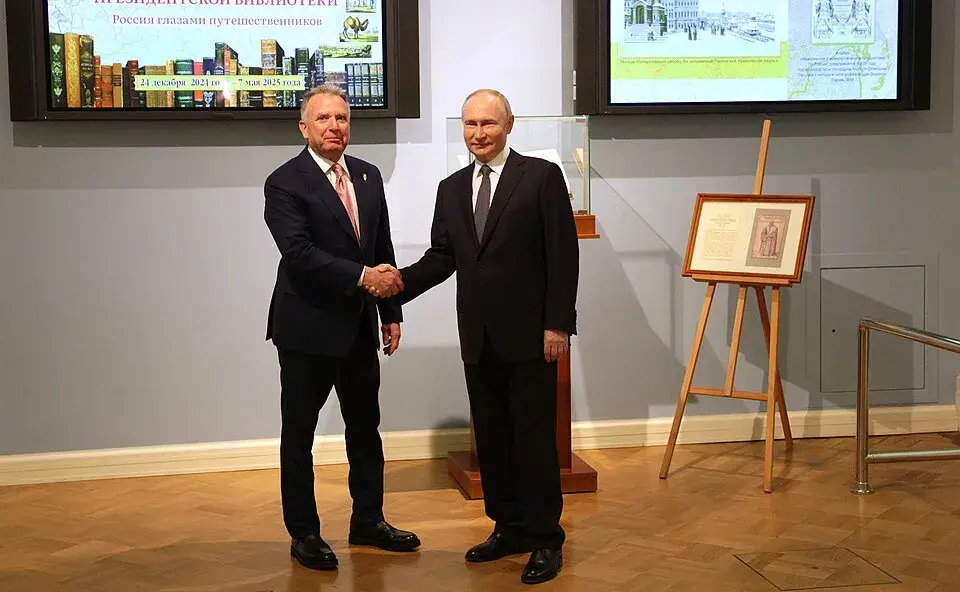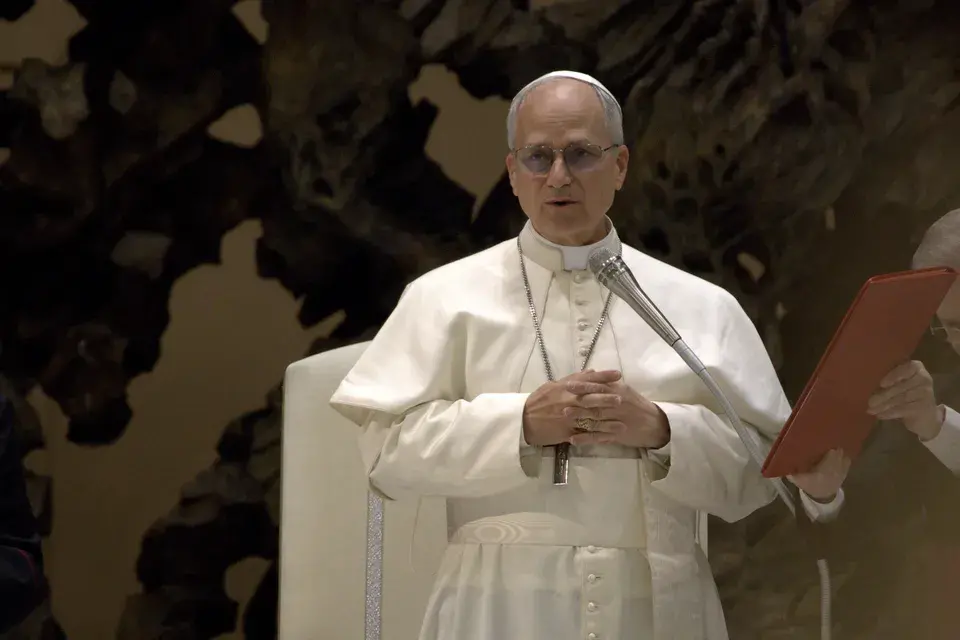Wave of attacks on civilian areas undermines diplomatic efforts for a ceasefire as world leaders prepare to meet in London

The Kremlin unleashed a wave of drone strikes overnight, deploying more than 54 unmanned aerial vehicles against Ukrainian territory. The attacks, which targeted residential areas, have further dimmed hopes for a lasting ceasefire.
According to Ukrainian officials, the drones—reportedly Iranian-made Shahed models—struck multiple cities, once again focusing on civilian zones in what Kyiv has described as war crimes.
Oleh Kiper, governor of the Black Sea port city of Odesa, reported a “massive attack” overnight that injured at least three people. The epicenter was a densely populated urban area containing both residential buildings and an educational facility.
Later on Tuesday, Ukrainian authorities confirmed another Russian assault, this time in the southern city of Zaporizhzhia. There, two large glide bombs and a modified Soviet-era weapon hit an apartment building, killing a 69-year-old woman and injuring 24 others, including four children.
The escalation comes on the eve of a high-stakes summit in London, where officials from the United States, the United Kingdom, France, Germany, and Ukraine will gather to support the peace initiative launched by Washington. The talks aim to outline the framework for a potential ceasefire and to establish future security guarantees for Kyiv.
Despite growing optimism among Western allies, the Kremlin has shown little willingness to engage in the negotiations.
“The issue of an agreement is so complex that it would be a mistake to impose strict timelines or attempt to craft a deal within a narrow timeframe… it would be a thankless task,” Russian presidential spokesman Dmitry Peskov said Tuesday. His remarks appeared to respond indirectly to comments by Donald Trump’s Secretary of State, Marco Rubio, who warned that the United States might withdraw from the talks if tangible progress is not achieved soon.
Meanwhile, Ukrainian President Volodymyr Zelensky has proposed several temporary ceasefire arrangements, none of which have received a positive response from Moscow.
On Saturday, following a unilateral Easter ceasefire order by Russian President Vladimir Putin—which was nonetheless violated—Zelensky offered to extend the pause for a full 30 days. The Kremlin rejected the proposal.
In response, Zelensky suggested a more limited ceasefire: a month-long suspension of missile and drone strikes targeting civilian infrastructure, echoing a proposal made in previous weeks.
“Our proposal to halt attacks on civilian infrastructure remains on the table,” Zelensky reiterated on Tuesday.
Responding to this initiative during his daily press briefing, Peskov once again pointed to obstacles that could hinder implementation.
“When speaking of civilian infrastructure, it is necessary to clearly define when such facilities may become military targets. If a military meeting is held there, is it still a civilian object? Yes. But is it also a military target? Yes, it is. There are nuances that must be evaluated,” he said.
Keep Independent Journalism Alive
In a world flooded with noise, independent journalism is more vital than ever. We work hard to bring you clear, accurate, and unbiased international news — free from corporate or political influence.If you believe in the power of honest reporting, please consider making a donation. Every contribution, big or small, helps us stay independent and keep the world informed.
Support us via PayPalYour support makes a difference.


